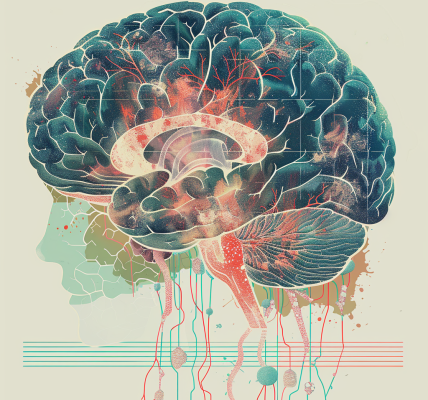Researchers at the Icahn School of Medicine at Mount Sinai and other institutions have made a groundbreaking discovery, identifying a genetic cause of intellectual disability that impacts tens of thousands of individuals globally. This significant finding, published in the online issue of Nature Medicine, sheds light on a neurodevelopmental disorder linked to mutations in a non-coding gene called RNU4-2.
Collaborating with experts from the University of Bristol, UK; KU Leuven, Belgium; and the NIHR BioResource at the University of Cambridge, UK, the researchers have unveiled crucial insights that are set to enhance clinical diagnostic services for patients with neurodevelopmental disorders.
Through meticulous genetic analysis, the team pinpointed that mutations in the RNU4-2 gene trigger a spectrum of developmental symptoms previously unidentified as a distinct genetic disorder. Non-coding genes, which do not code for proteins, played a pivotal role in this discovery.
By leveraging whole-genome sequencing data from the UK’s National Genomic Research Library, the researchers compared rare genetic variants in 41,132 non-coding genes between 5,529 cases with intellectual disability and 46,401 controls. This breakthrough marks RNU4-2 as one of the most prevalent single-gene genetic causes of neurodevelopmental disorders, ranking second only to Rett syndrome among patients analyzed by the UK’s Genomic Medicine Service.
Importantly, these mutations are typically spontaneous rather than inherited, offering valuable insights into the condition’s underlying mechanisms. Dr. Daniel Greene, the study’s lead author and Assistant Professor of Genetics and Genomics Sciences at Icahn Mount Sinai, expressed the rarity and significance of identifying a single gene responsible for such a substantial number of patients with a rare disease.
This discovery, which had evaded researchers for years due to sequencing and analytical challenges, marks a significant step forward in understanding and potentially treating neurodevelopmental disorders affecting a large population worldwide.





